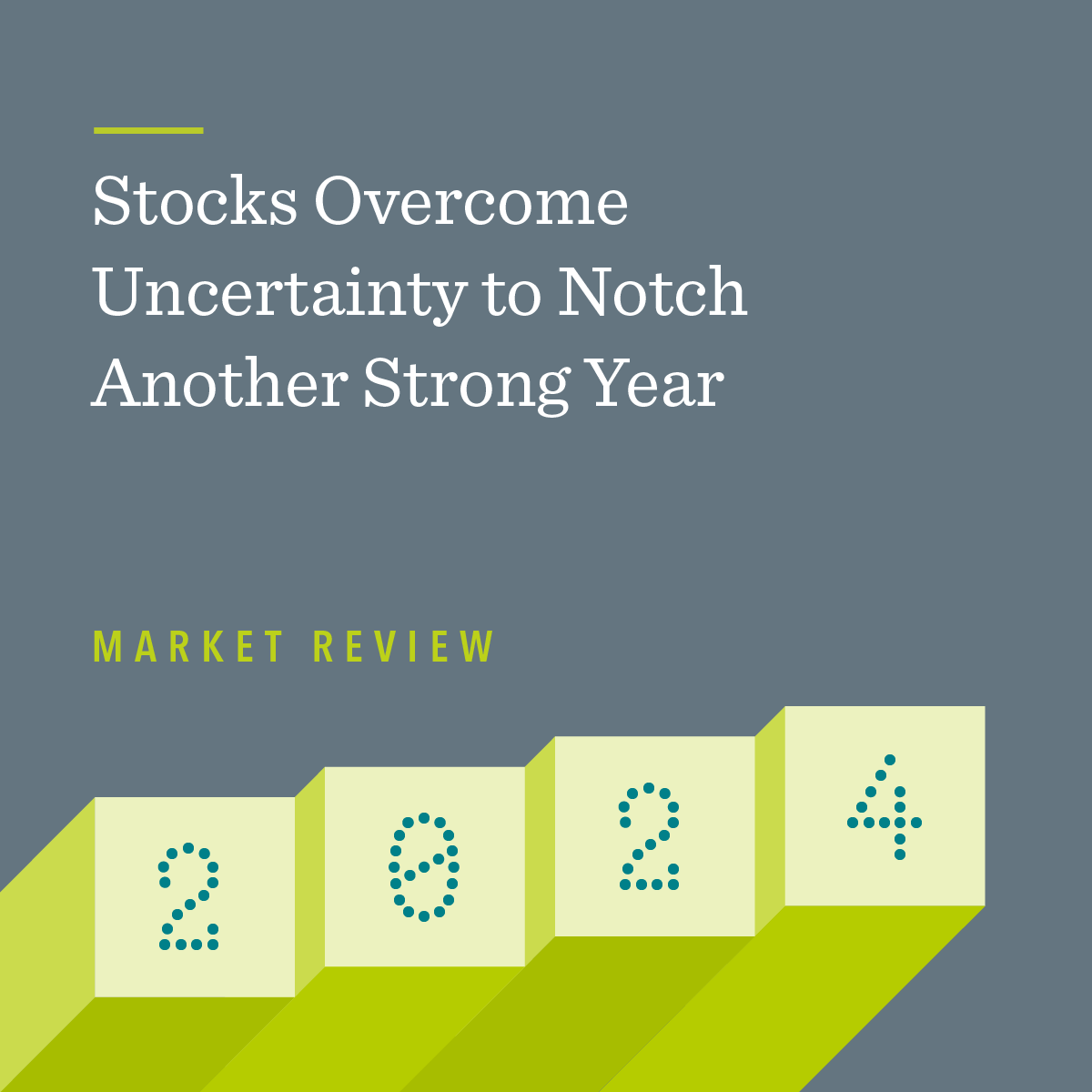As a successful professional or someone with a similar mindset, how are you handling your personal wealth?
Wishing makes dreams come true only in Disney movies; it’s poison in business.
— Warren Buffett
Berkshire Hathaway 2012 Shareholder Letter
With all due respect to Mr. Buffett, even he would probably agree that there’s nothing wrong with a little wishing and dreaming … in proper context. Successful professionals usually ground their endeavors in a vision – a dream – on how they can bring value to others’ lives and be well-compensated in return.
That said, those same successful professionals would probably also agree that, eventually, you must get down to the business of turning your flights of fancy into working reality. Those who thrive and grow in their businesses or high-end careers have paid their dues: working hard, being open to change and taking calculated risks in pursuit of greater rewards.
The Business of Managing Your Career
Successful professionals also know that being a rugged individualist will only get them so far. As their dreams take shape, they know when it’s time for teamwork. As their business or their career thrives, they are glad to partner with an experienced Chief Financial Officer (CFO) who knows what it takes to quantify the team’s long-term goals, leverage everyone’s time to the max, and ensure that everyone can contribute his or her best work to the greater whole.
The Business of Managing Your Money
Now, back to my opening question: As a successful professional or someone with a similar mindset, how are you handling your personal wealth?
Too often, I see heads of households failing to apply the excellent lessons they’ve learned in their high-end career to the “job” of managing their money. “I’ve made all the right calls in my career,” they may tell themselves. “I can take care of my own financial affairs.”
Sure, you may do it yourself by turning to an assortment of brokers, insurance agents, estate planners, accountants and other professionals to tend to the details. And their work may be quite competent. But who is keeping them efficiently focused on your core values and your unique vision of what you want to do with your wealth? (Have you got those values and vision defined to begin with?) How do you know if you’re truly leveraging each of their best skills to the max, in coordinated contribution to your greater whole?
Just as a well-run professional team benefits from the oversight of a CFO, so can your personal wealth.
Why Hire a Personal CFO?
Being a Personal CFO is a distinct skillset like any other, calling for leadership, relationship management and other specialized experiences. It’s also a lot of hard work. Not only are most busy professionals a little too close to the subject to oversee their own financial well-being, most have better things to do with their limited free time.
There are a number of ways a Personal CFO can lighten your wealth management workload. He or she can:
- Help you articulate your personal goals and visions
- Translate your wishes into a detailed financial plan
- Create an investment policy statement for funding your plans
- Assemble and organize your professional financial team, leveraging your own relationships and/or bringing in qualified specialists as needed
- Oversee your team’s efforts moving forward, introducing advanced planning as appropriate
How To Hire a Personal CFO
Bottom line, when searching for an effective Personal CFO, you’re looking for someone who (1) offers good advice, and (2) knows how to help you realize the actions you resolve to take upon receiving that advice.
In evaluating what qualifies as “good advice,” I’m reminded of these words of wisdom from Seth Godin’s aptly entitled post, “Good advice …”:
“Good advice is priceless. Not what you want to hear, but what you need to hear. Not imaginary, but practical. Not based on fear, but on possibility. Not designed to make you feel better, designed to make you better. Seek it out and embrace the true friends that care enough to risk sharing it. I’m not sure what takes more guts – giving it or getting it.”
These are qualities I try to bring to my business. I know of other colleagues who bring similar values to their own independent, fee-only Registered Investment Advisor firms. It’s a business model that tends to lend itself well to this definition. I especially like the fact that an RIA firm is required by law to be a fiduciary to its clients, always acting in their highest financial interests, as Seth describes above.
To help you follow up on the advice received, experience is important too, as is the demonstrated ability to put together an effective team. Just as in a business, no one person can “specialize” in everything. Look for an advisory firm who employs a team approach to making the most of your family’s far-reaching financial interests. Do they have access to credentialed team members – professionals holding CFP® or CFA marks, CPAs, JDs and so on? Does your prospective Personal CFO have broad, hands-on experience in the business, with working knowledge of skill sets ranging from investment management and tax planning, to estate planning and charitable giving, to business succession planning and risk management?
A Personal CFO Can Simplify Your Life
So, do you need a Personal CFO? If you like the idea of simplifying your family’s financial complexities by aligning your durable wealth with your clearly articulated goals – without having to put in too much hard labor of your own – then, yes, you probably do. In the same way your career can benefit from working with a CFO, so too can you and your family thrive in the relationship, connecting the stellar earnings you’ve worked so hard for with everything you want to accomplish in your life.
If all that sounds pretty good to you, here’s some more good advice, which I hope you’ll put into action: Let’s have a Cogent Conversation.


